World Television Day is globally observed today
Tue 21 Nov 2023, 11:47:43
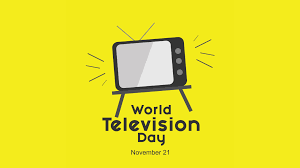
World Television Day is globally observed today to highlight the importance of visual medium and to recognize its increasing impact on decision-making and potential role in shaping global conversations. The theme for this year's edition is 'Accessibility'.
On this day in 1996, the United Nations held the First World Television Forum and decided to observe 21st November every year as World Television Day. TV was invented by a Scottish engineer, John Logie Baird in 1924. It was introduced in India on 15th September, 1959 in New Delhi with the assistance of the United Nations Educational, Scientific and Cultural Organisation (UNESCO). Daily transmission began in 1965 as a part of Akashvani.
National telecast was introduced in 1982 and in the same year, color television was introduced in the Indian market. During this
time, there was only one national channel, the government-owned Doordarshan. 'Krishi Darshan' was telecast in 1967 as the first and Indian television's longest running programme whereas 'Ramayana' and 'Mahabharata' were the first major television series produced. Other shows like 'Hum Log', 'Wagle Ki Duniya' and 'Buniyaad' were also popular. The invention of television revolutionized the way we communicate and consume information.
time, there was only one national channel, the government-owned Doordarshan. 'Krishi Darshan' was telecast in 1967 as the first and Indian television's longest running programme whereas 'Ramayana' and 'Mahabharata' were the first major television series produced. Other shows like 'Hum Log', 'Wagle Ki Duniya' and 'Buniyaad' were also popular. The invention of television revolutionized the way we communicate and consume information.
On this day, meet-ups at local and global levels take place to raise awareness among people about the role television plays in communication and globalisation. This day also marks the commitment of governments, news organisations and individuals to deliver unbiased information in times when the authenticity of content on social media platforms is questionable.
No Comments For This Post, Be first to write a Comment.
Most viewed from Specials
Most viewed from World
AIMIM News
Latest Urdu News
Most Viewed
May 26, 2020
Can Lionel Messi's visit boost Indian football?
Latest Videos View All
Like Us
Home
About Us
Advertise With Us
All Polls
Epaper Archives
Privacy Policy
Contact Us
Download Etemaad App
© 2026 Etemaad Daily News, All Rights Reserved.


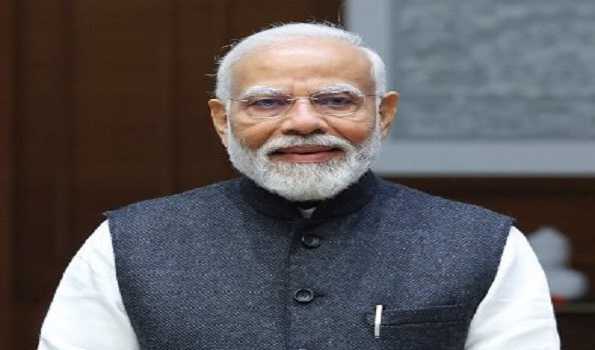
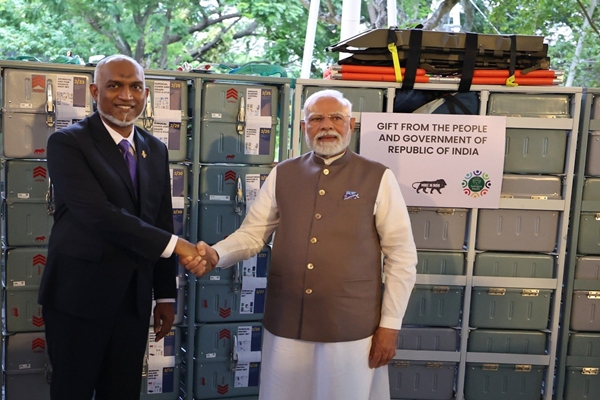
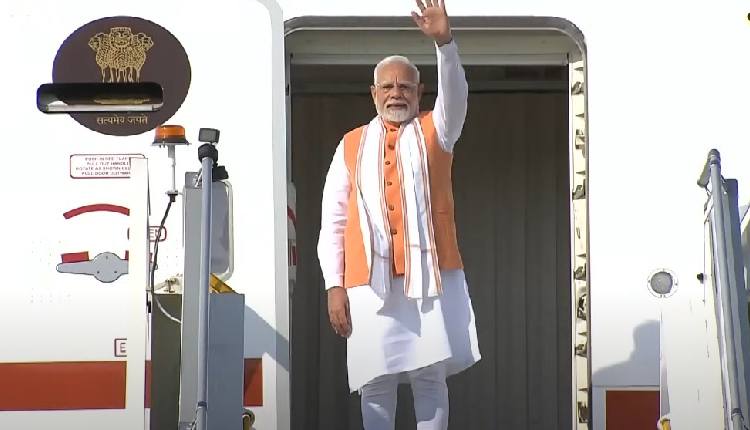
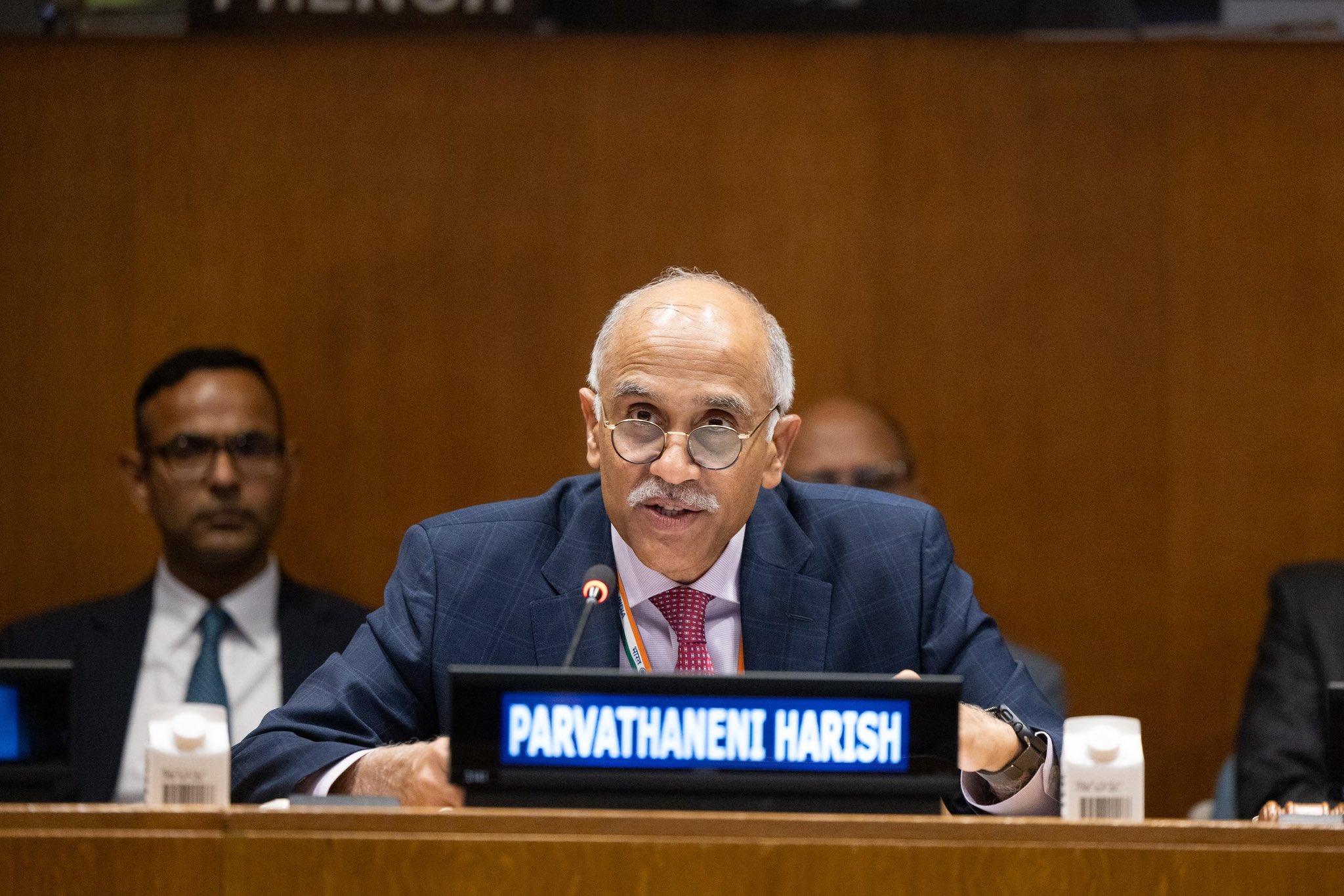
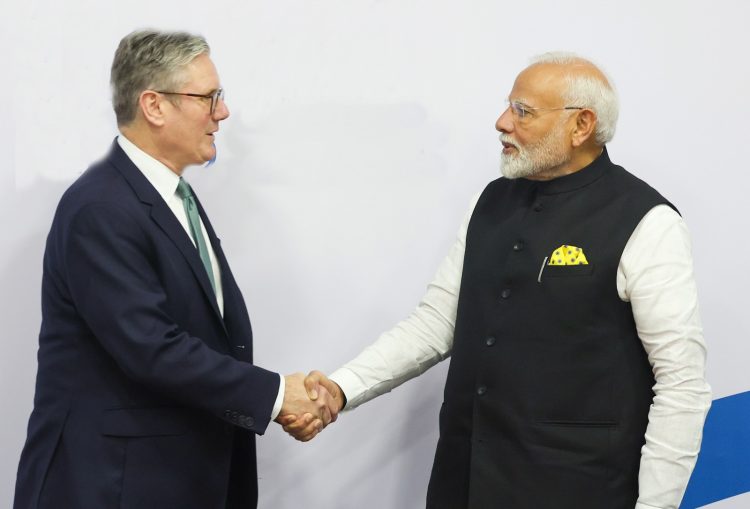
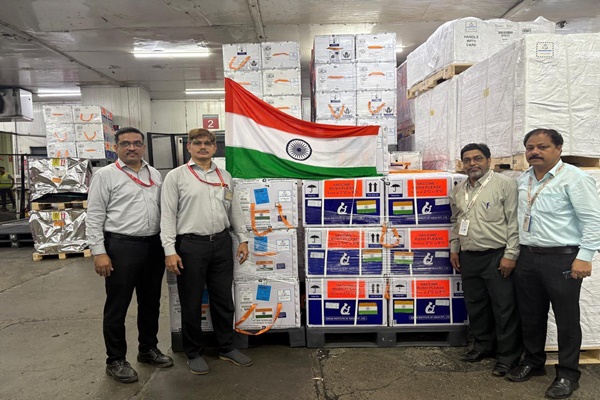
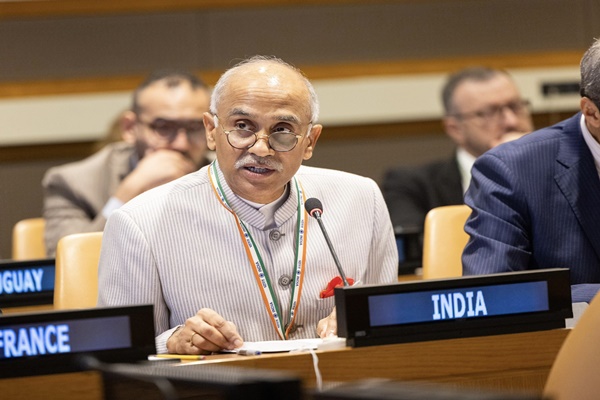
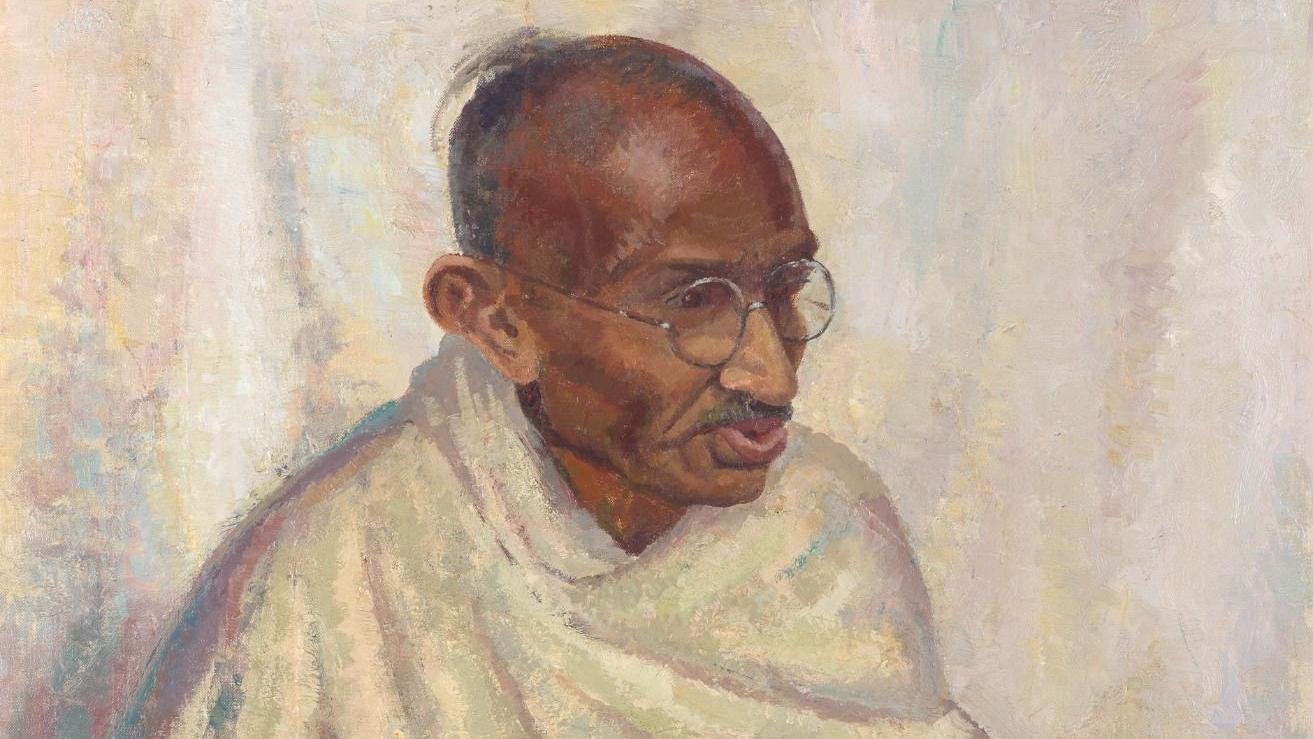
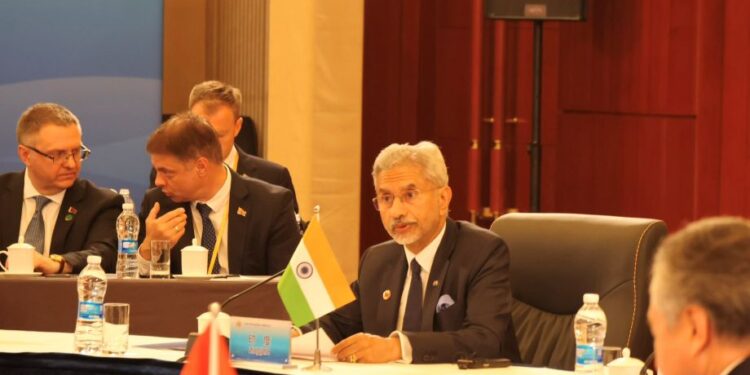
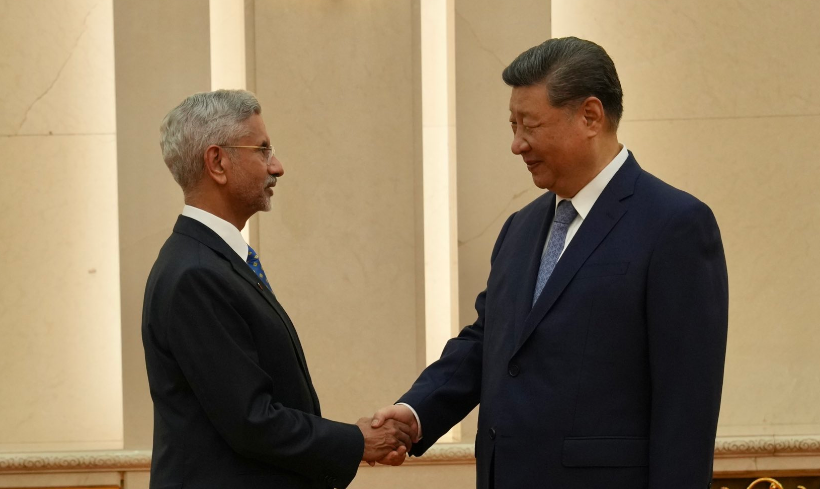
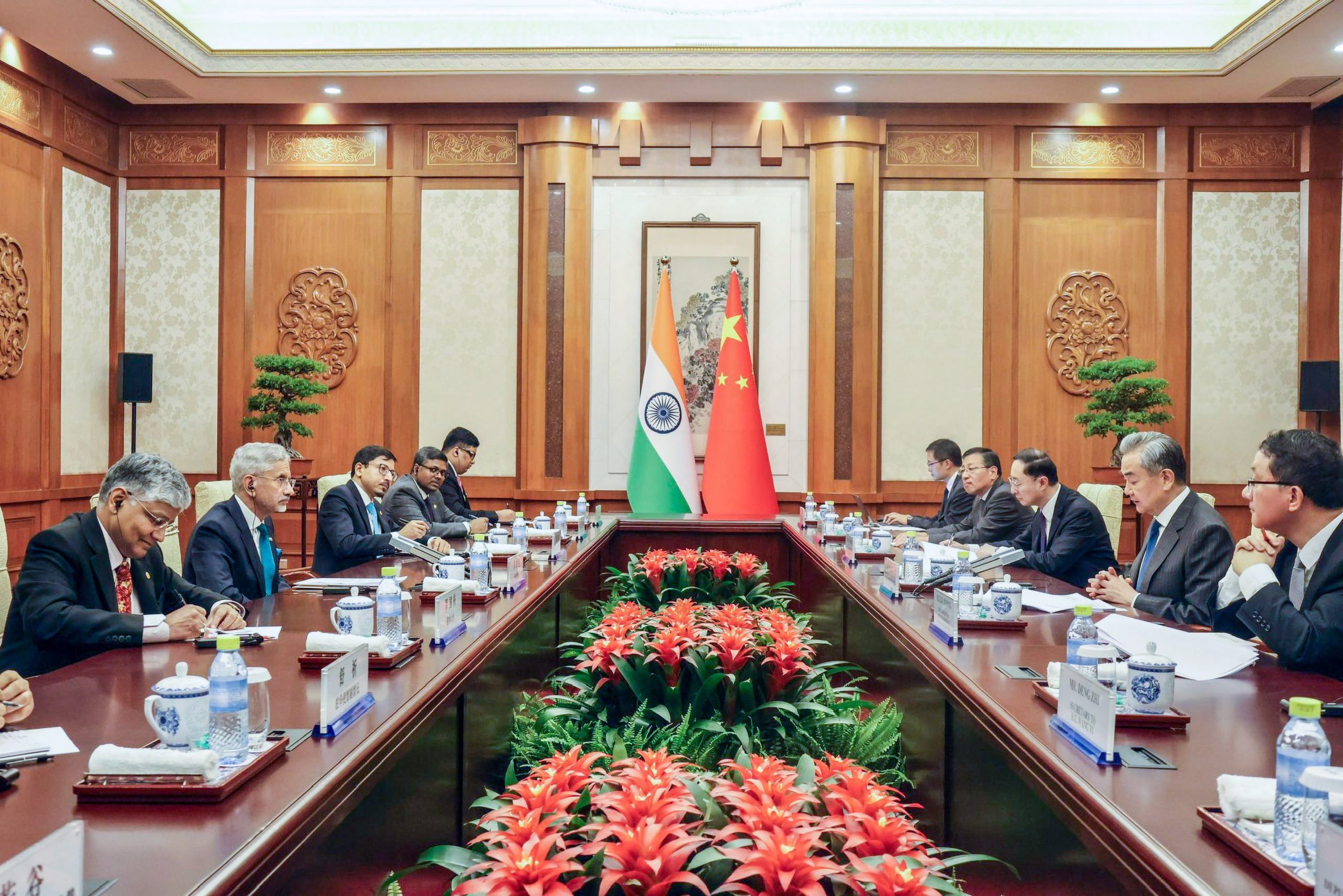



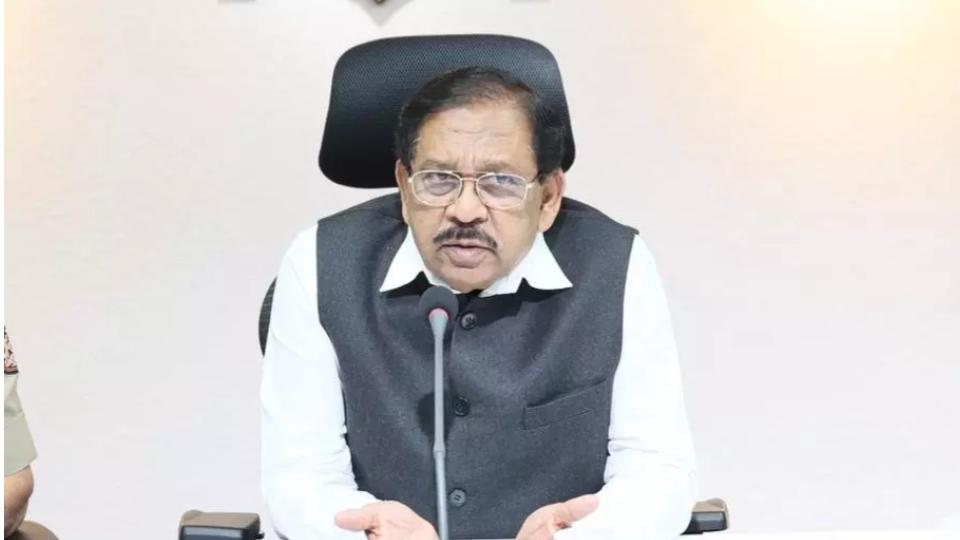

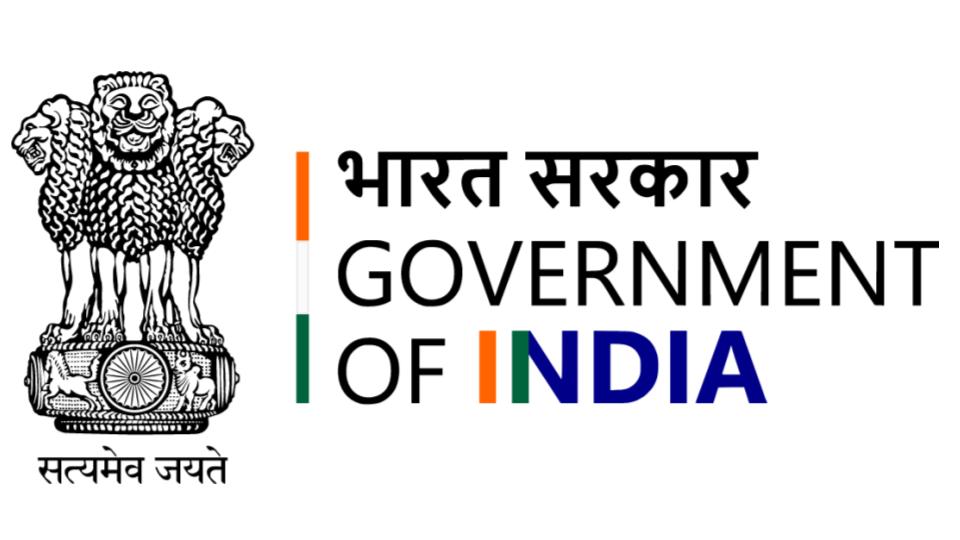


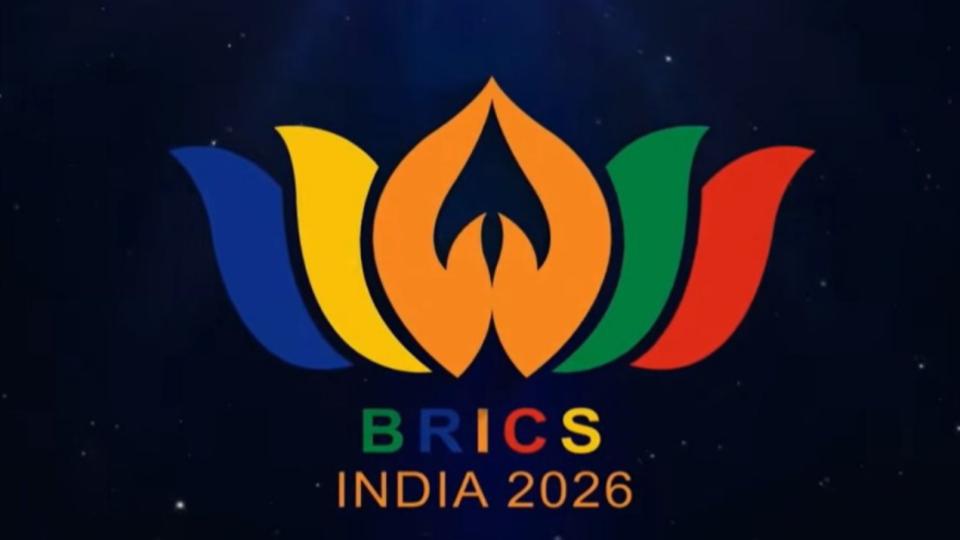


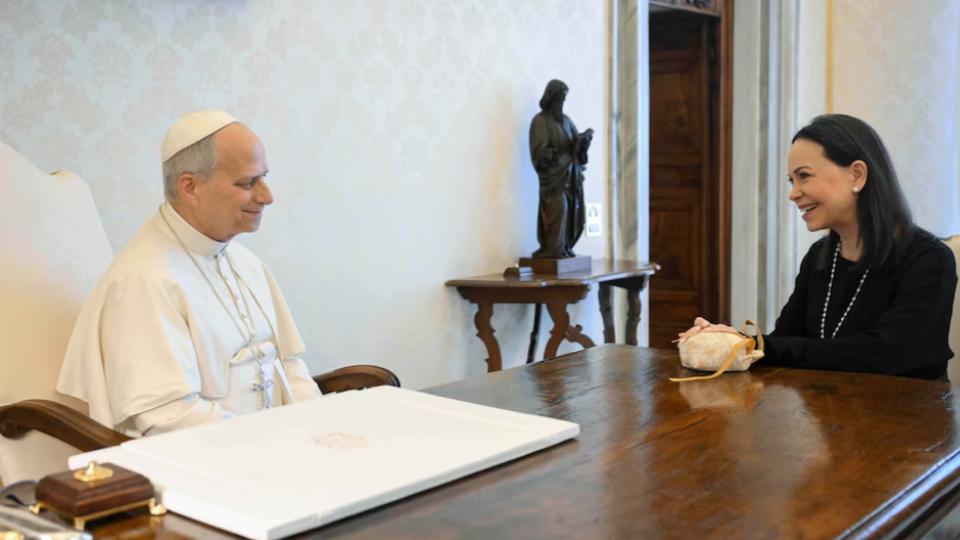












.jpg)
.jpg)
.jpg)


